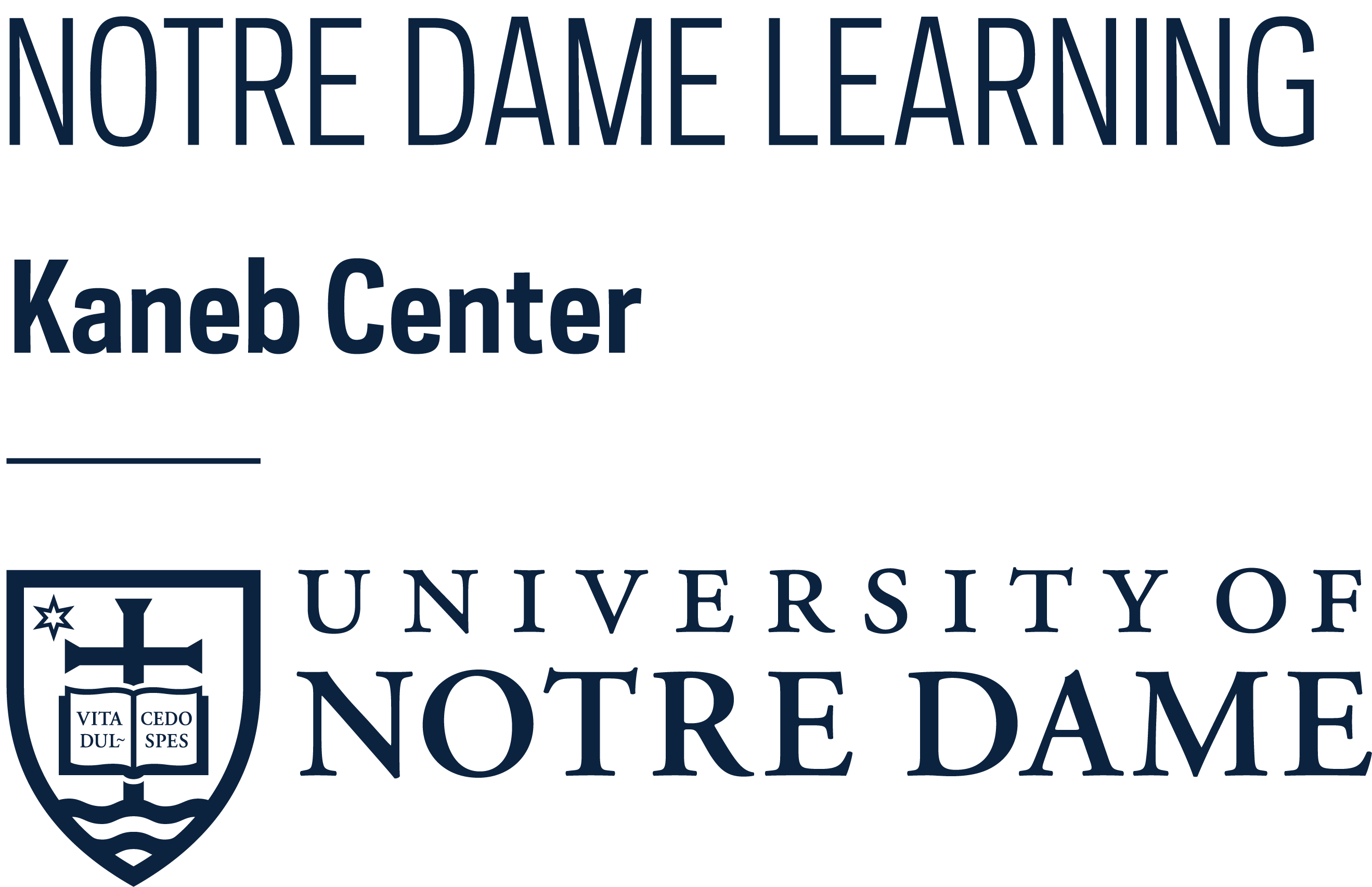Writing the teaching philosophy statement is often one of the most dreaded aspects of the academic job search. However, with increased understanding of what makes a strong document, the writing process becomes much easier. Below is an excerpt from an exemplary teaching philosophy statement, written by Dr. Joshua Enzer, a former graduate student in chemical engineering at the University of Notre Dame and a current Lecturer in Chemical, Biochemical & Environmental Engineering at the University of Maryland, Baltimore County.
College instructors are designers; they are engineers of education.
The model of instructor-as-information-transmitter is widespread, but research in teaching and learning indicates this mode is not the most effective. Many instructors do not believe that students are empty receptacles waiting to be filled with knowledge. These instructors are not speech-writers, they are not entertainers, and they are not self-important sages leading a flock of believers. These instructors are designers: designers of significant learning opportunities, designers of authentic, motivating, relevant problems and discussions, designers of effective methods for assessment and feedback.
Fortunately for me, my training is in chemical engineering, in which I have been tasked to design effective solutions to complicated problems. Designing effective courses and curricula is analogous to designing a chemical process, though if we view students as the raw feed and course content as unit operations, we are ignoring the important human element: every student is a person with different experiences, motivations, experiences, and goals for the future. However, this doesn’t change the fact that my teaching philosophy is more of a design philosophy, and I will present my ideas in that way. I believe that effective course and curriculum design is absolutely essential to producing knowledgeable, responsible, and effective engineers.
A well-designed course breaks down into three major components, each equally important, and each absolutely interconnected to the others: (1) learning-related goals, (2) significant activities, and (3) meaningful feedback and assessment.
As you can see here, Dr. Enzer starts his teaching statement by orienting readers to his area of research: engineering. Beyond making a great connection between his identity as an engineer and a teacher, his opening statement draws the reader in and leads well into a main component of his teaching philosophy; namely, that instructors are designers and that he has strong beliefs about course and curricula design. Moreover, he then goes on to break these beliefs about course design into three major components, which are subsequently expanded upon in subsequent paragraphs (not included here). It is obvious from reading even these first few paragraphs of Dr. Enzer’s teaching statement that he is thoughtful and reflective about his teaching and has developed a clear identity as an instructor. Overall, the document is beautifully written, flows effortlessly, and presents numerous examples to support each claim.
For more tips on writing a teaching philosophy statement and other excellent examples, be sure to register for the Kaneb Center’s upcoming workshop as part of the Preparing for the Academic Job Market series.
Teaching Philosophy Statement Tip:
- Keep a log of “good teaching moments” on your computer to help yourself later when putting together job materials. Trying to produce these moments off the top of your head months (or even years!) after they happen is likely to leave you frustrated. However, if you keep a running list, incorporating lots of examples into your teaching statement will be a breeze.
- Additional tip: It’s also a good idea to do this to keep track of the Kaneb workshops you’ve attended, along with a few notes about what you took away from each workshop. This way, when preparing to write your two-page essay for the Striving for Excellence in Teaching Certificate, you won’t struggle to remember which workshops you attended and when.
